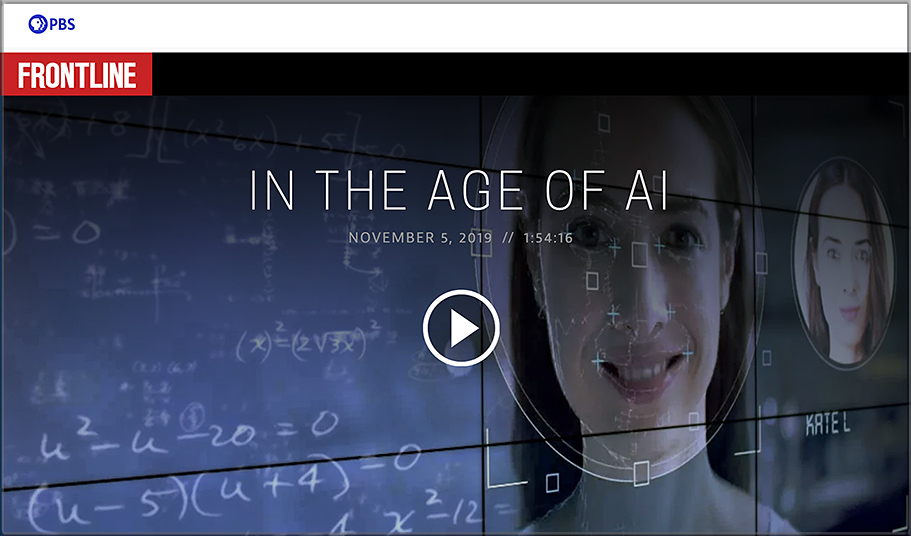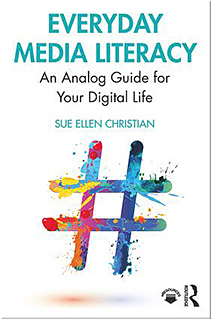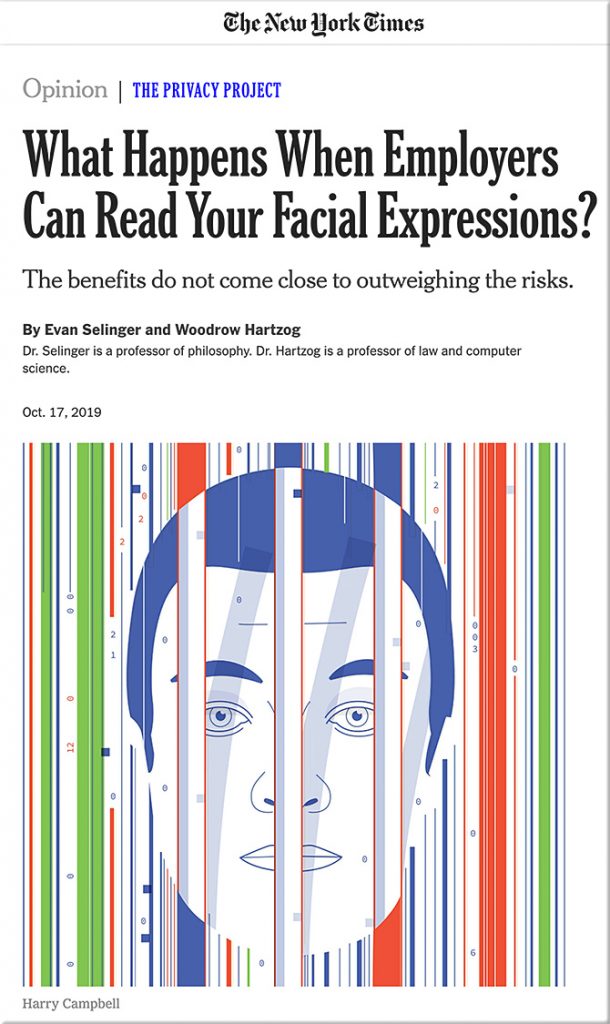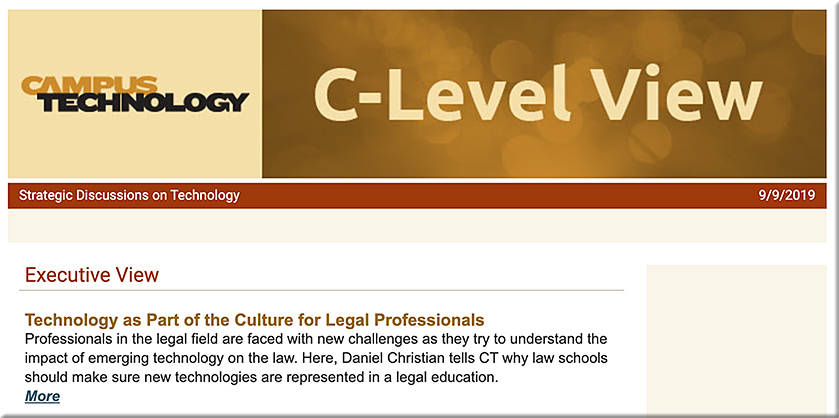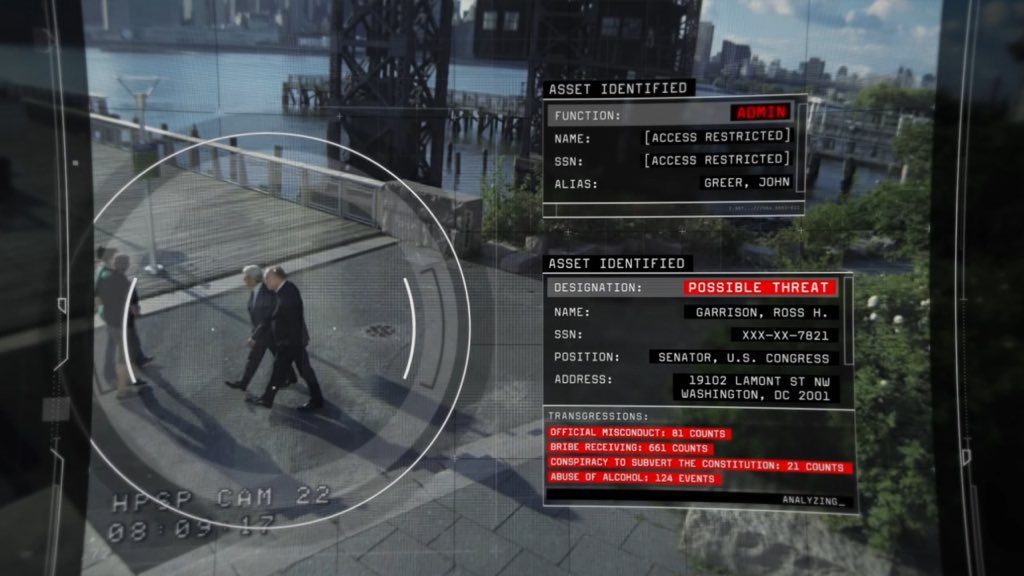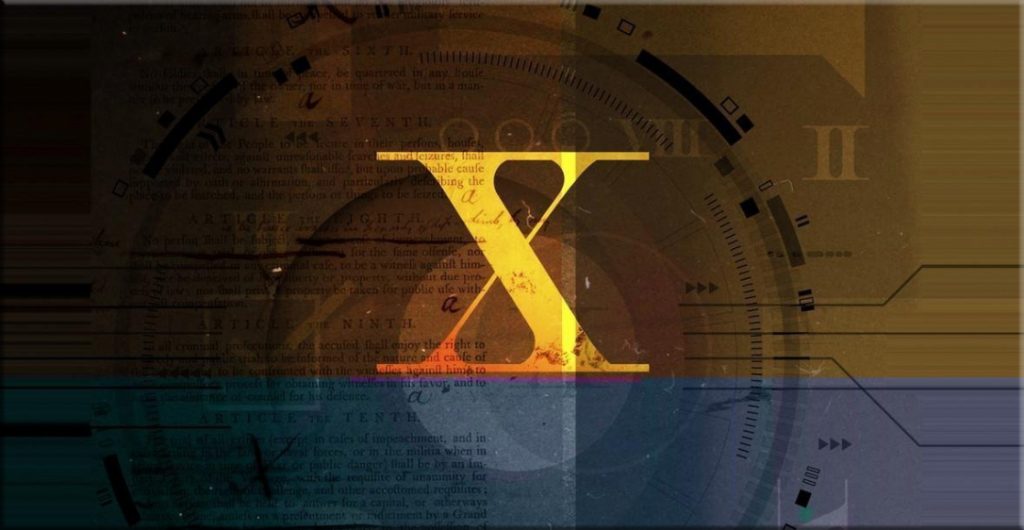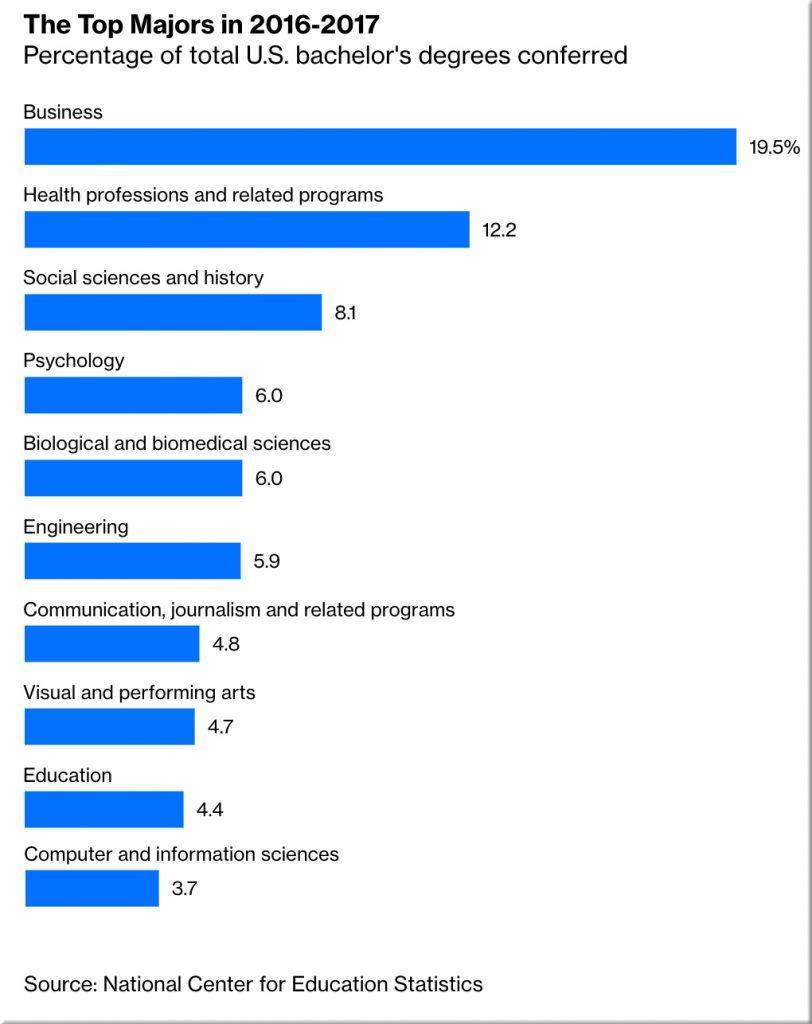Why AI is a threat to democracy – and what we can do to stop it — from asumetech.com by Lawrence Cole
Excerpts:
In the US, however, we also have a tragic lack of foresight. Instead of creating a grand strategy for AI or for our long-term futures, the federal government has removed the financing of scientific and technical research. The money must therefore come from the private sector. But investors also expect a certain return. That is a problem. You cannot plan your R&D breakthroughs when working on fundamental technology and research. It would be great if the big tech companies had the luxury of working very hard without having to organize an annual conference to show off their newest and best whiz bang thing. Instead, we now have countless examples of bad decisions made by someone in the G-MAFIA, probably because they worked quickly. We begin to see the negative effects of the tension between doing research that is in the interest of humanity and making investors happy.
…
The problem is that our technology has become increasingly sophisticated, but our thinking about what free speech is and what a free market economy looks like has not become that advanced. We tend to resort to very basic interpretations: free speech means that all speech is free, unless it conflicts with defamation laws, and that’s the end of the story. That is not the end of the story. We need to start a more sophisticated and intelligent conversation about our current laws, our emerging technology, and how we can make the two meet halfway.
So I absolutely believe that there is a way forward. But we have to come together and bridge the gap between Silicon Valley and DC, so that we can all steer the boat in the same direction.
— Amy Webb, futurist, NYU professor, founder of the Future Today Institute
Also see:
“FRONTLINE investigates the promise and perils of artificial intelligence, from fears about work and privacy to rivalry between the U.S. and China. The documentary traces a new industrial revolution that will reshape and disrupt our lives, our jobs and our world, and allow the emergence of the surveillance society.”
The film has five distinct messages about:
1. China’s AI Plan
2. The Promise of AI
3. The Future of Work
4. Surveillance Capitalism
5. The Surveillance State









